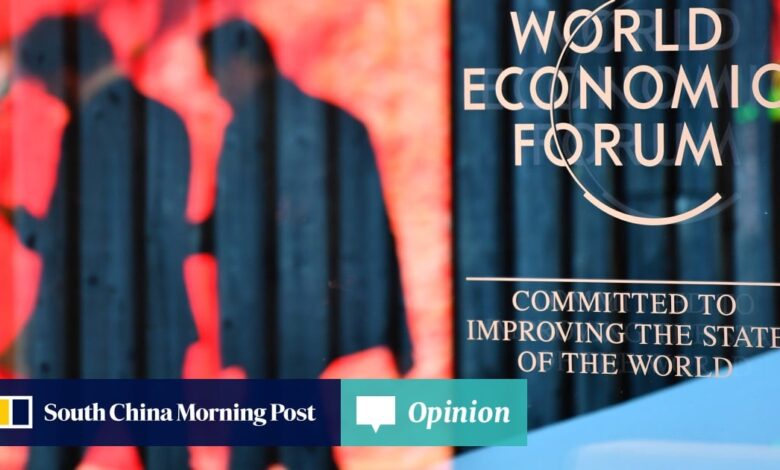New Business
Opinion | Can world leaders at Davos truly succeed in ‘reimagining growth’?


Leaders in government, business, academia and philanthropy convene in Davos, Switzerland, this week to sort out the world’s challenges, including the lofty ambition of “reimagining growth”. But what novel approaches could stimulate long-term, sustainable growth if government finances are strained and the wildly euphoric hopes for artificial intelligence prove to be limited?
The angst around Davos is understandable. Even though equity markets hit record levels and a much-feared recession was averted last year, the global economy has lumbered at an underwhelming pace. Prospects for expansion are worryingly weak, according to the International Monetary Fund.
Employing fiscal policy to jump-start and sustain growth is increasingly ineffective given unsustainable borrowing at high rates of interest. China’s public debt-to-GDP ratio is estimated to have exceeded 90 per cent in 2024. In Japan, the US and the United Kingdom, that ratio was 205.6, 112.3 and 100.5 per cent, respectively.
Total public debt worldwide was projected to hit US$100 trillion, or about 93 per cent of global GDP, by the end of last year, according to the IMF. However, the burden is likely greater given large spending pressure, the optimism bias of debt projections and sizeable unidentified debt.
Keynesians might argue that fiscal and monetary intervention stimulates demand and achieves full employment, but that rationale loses persuasiveness when government borrowing is straining credulity. Fiscal expansion can have contradictory effects, hitting company profits and thus leading to a decline in both private investment and economic growth.
Source link



